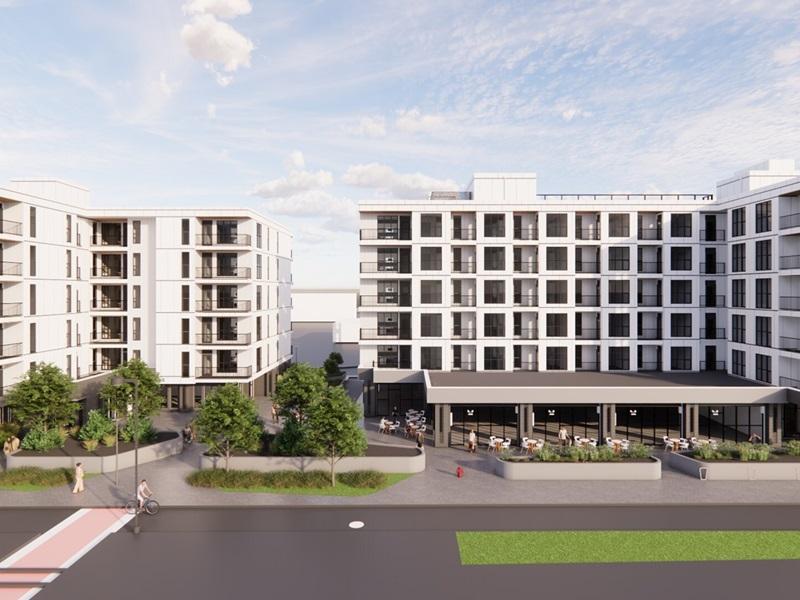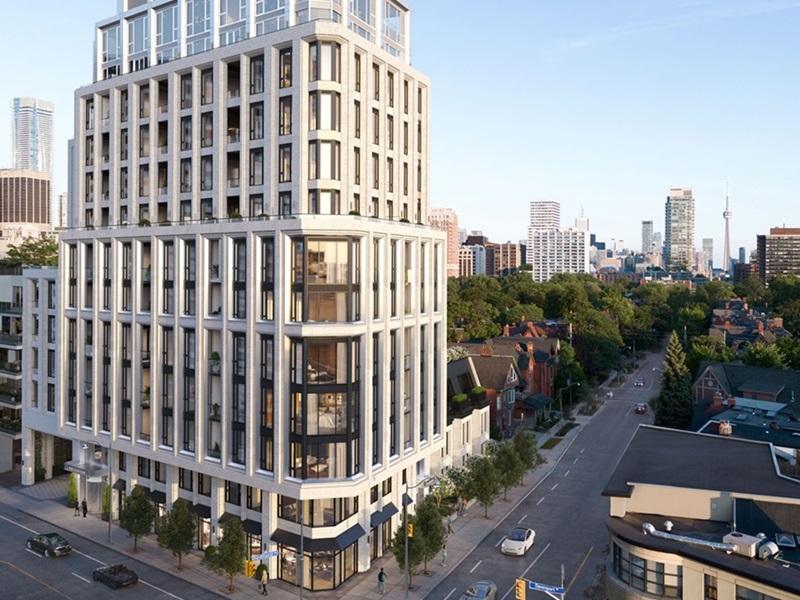
COVID-19 put a halt to Toronto's plans to host the 2020 Urban Land Institute (ULI) Spring Meeting, but it’s now all systems go for ULI Toronto to bring the event to the city May 16 to 18.
Close to 5,000 real estate professionals from a wide variety of sectors are expected to attend the ULI Spring Meeting, which will be based at the Metro Toronto Convention Centre and feature more than 100 speakers, over 30 sessions and 29 tours around the city.
ULI is the oldest and largest network of cross-disciplinary real estate and land-use experts in the world, with more than 45,000 global members. Its mission is to shape the future of the built environment for transformative impact in communities worldwide.
ULI Toronto is supported by more than 2,600 public and private sector members.
ULI Toronto executive director Richard Joy told RENX the last international ULI event of any magnitude to be held in Toronto was in 1985, so a return to the city was long overdue considering it’s “arguably the most dynamic real estate market on the continent, with growth that is unprecedented.”
Since such large events have to be scheduled and planned well ahead of time, Denver hosted a hybrid live-virtual ULI Spring Meeting in 2021 and it returned to a more traditional live format in San Diego last year.
Toronto took the first available opening after 2020’s cancellation and it’s expected to be the best-attended spring meeting in ULI history.
Toronto has a lot to offer
“It's very significant in the sense that it's an opportunity to showcase a real estate development story and its many dimensions — with the economic and business story being one of them, but also the social stories, the environmental stories, the way we're approaching issues like truth and reconciliation, and the way we're approaching diversity, equity and inclusion,” Joy said.
“There are just so many dimensions to our real estate story and they're not all good. I don't think this is an opportunity to simply showcase what we think is the best of the city, but it's also to showcase some of the great challenges we face.”
Joy expects about 85 per cent of ULI Spring Meeting attendees to be American, many of whom probably aren’t aware of the size of Toronto and its ever-growing real estate market.
He thinks many attendees may also be surprised to discover how many real estate-related companies that do business internationally are headquartered in Toronto.
“They’re going to see some incredible best practices around things like transit-oriented development, the densification of suburbs, green infrastructure and developing in complex urban geographies,” Joy said.
Local and Canadian attendees will also be exposed to American and international best practices and have the chance to network and lay the groundwork for business opportunities with people and companies they might not normally have contact with.
ULI Spring Meeting components
ULI Spring Meeting sessions will deal with: building healthy places; infrastructure; data; equitable development; 15-minute communities; retail challenges; homelessness; building materials; legal issues; flexible office space; mall redevelopment and densification; workforce housing; proptech; the urbanization of suburbs; development financing; high-rise towers; institutional capital; smart buildings; office conversions; life sciences facilities; housing affordability; economic forecasting; health-oriented communities; climate disclosure mandates; achieving net zero buildings and communities; retrofitting historic buildings; district energy; and more.
Among the areas covered by the tours will be: the eastern waterfront; the St. James Town and St. Lawrence neighbourhoods; the ravine system; Don Mills; Yonge Street retail; the Regent Park and Alexandra Park neighbourhoods; Downsview; post-secondary institutions; the financial district; Humber Bay Shores; cultural hubs; sports and entertainment venues; and Yorkville.
“Toronto has been notoriously shy about holding larger international events,” Joy said. “Montreal is much more wired into celebrating its international stature than we are, so I think this is going to be an interesting opportunity for Torontonians to take stock of our place in the world — which is no small place.”









